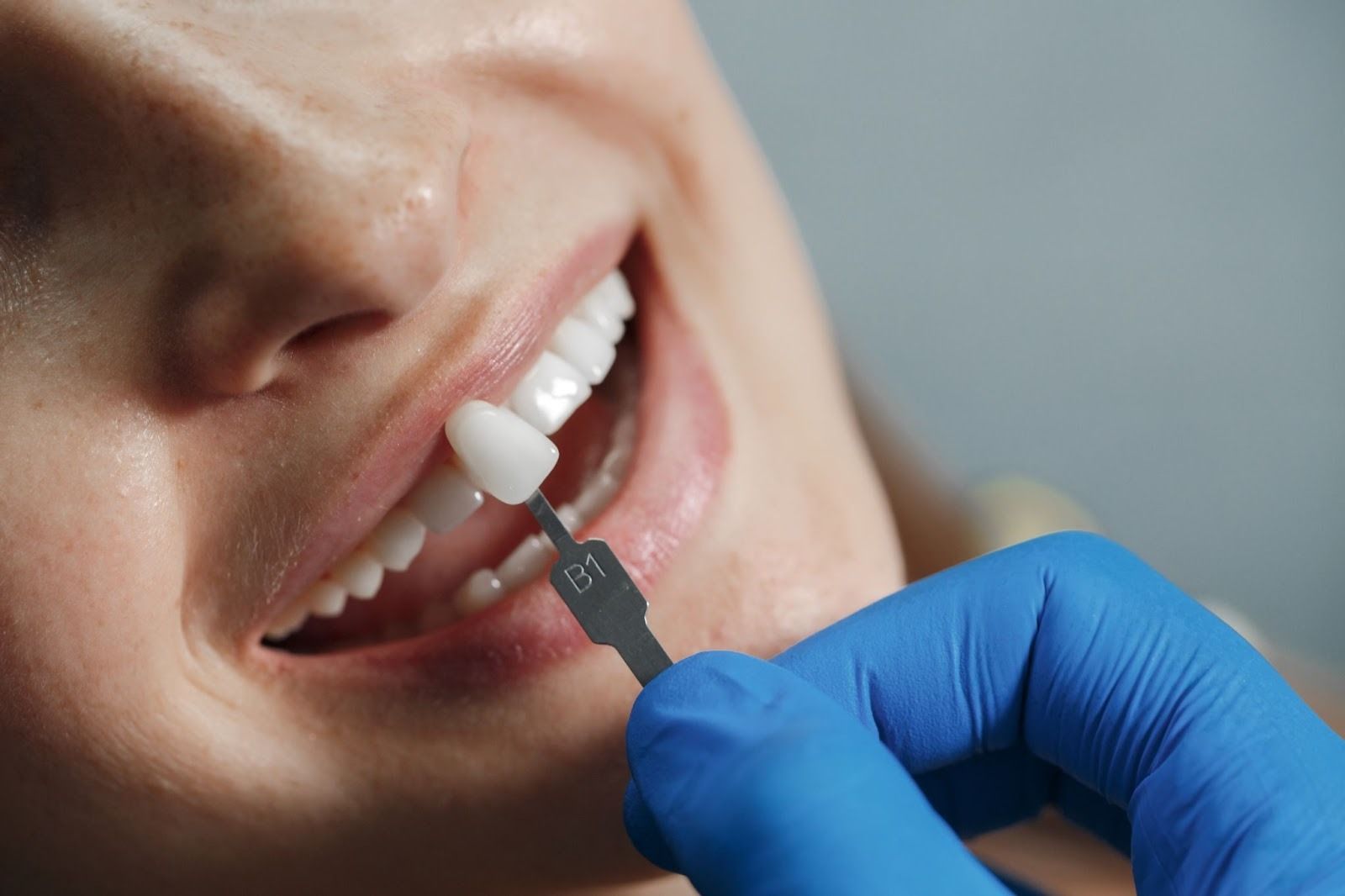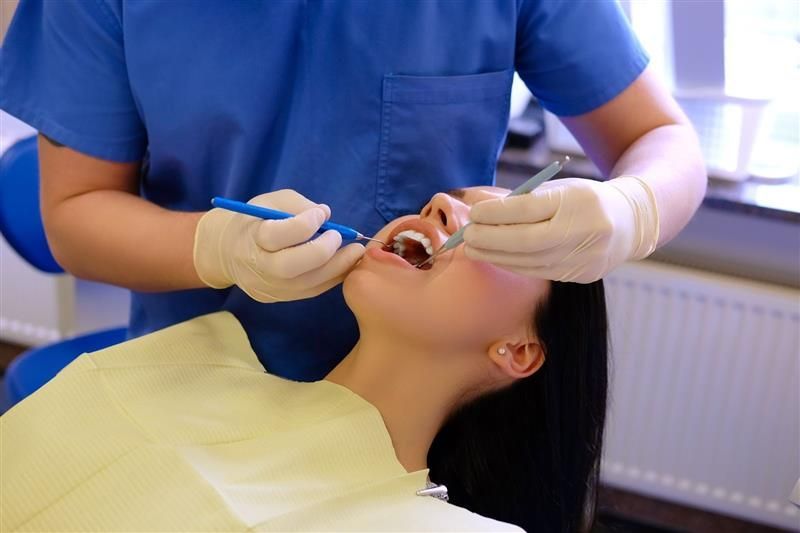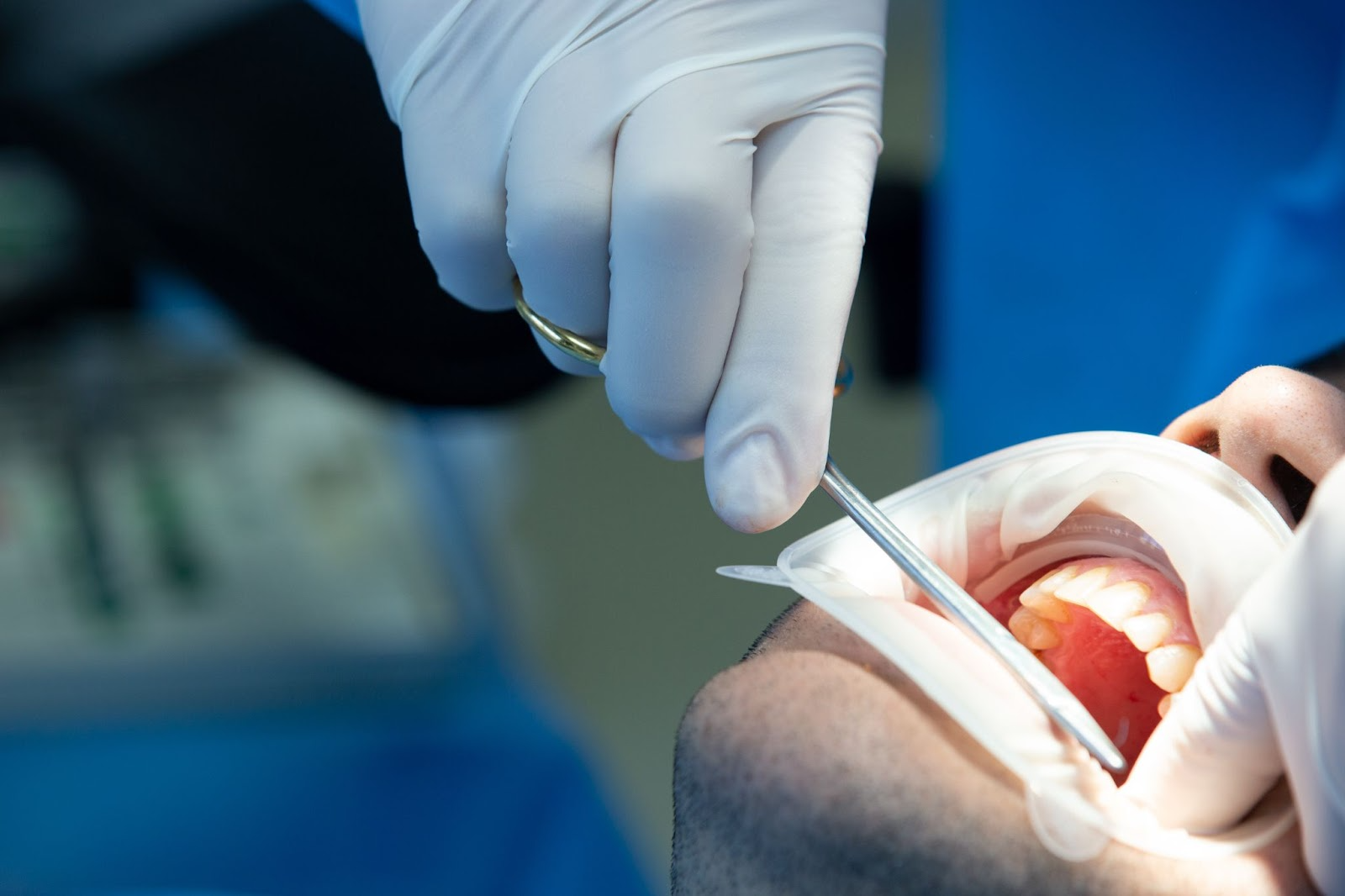What is Tooth Cavity, Symptoms, and How to Safely Get Rid of It?
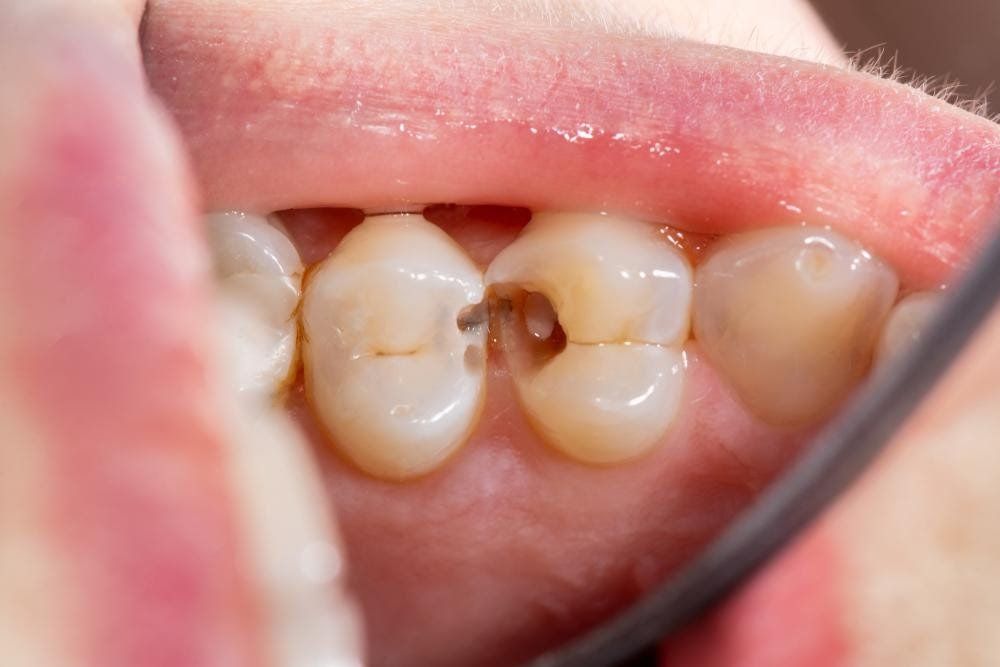
What Are Dental Cavities?
A cavity or tooth decay is a minuscule hole that forms in our tooth. The tooth cavity starts slow, and progressively it becomes more prominent if we leave it untreated. It’s challenging to diagnose the cavity in our tooth in its initial stage because it causes no pain or any discomfort. That’s why regular dentist appointments at an advanced dental care clinic in Brooklyn are so crucial, as then the tooth cavity can be detected and treated sooner.
Cavities and tooth decay are the most prevalent dental problems that just about any individual on this planet has or had in their lifetime. Anyone can develop tooth cavities, even babies — there is no age factor.
What Are the Symptoms of Tooth Cavities?

The Symptoms You May Experience Depends Upon the Severity of the Tooth Decay; These Include:-
- Persistent tooth pain.
- Hot and cold tooth sensitivity.
- A visible hole in the tooth.
- White/black staining on the tooth.
What are the Best Treatment Options?
If you are experiencing warning symptoms such as tooth sensitivity and tooth pain, talk to your dentist first. They may conduct an oral exam to tell if there is a tooth cavity. However, sometimes cavities aren’t visible from an oral inspection; in that case, your doctor may advise you to go through a dental x-ray.
After confirmation of the tooth cavity, your dentist will advise a treatment, which again depends upon the severity; there are three below-mentioned safe practices to treat a tooth cavity.
1. Root Canal
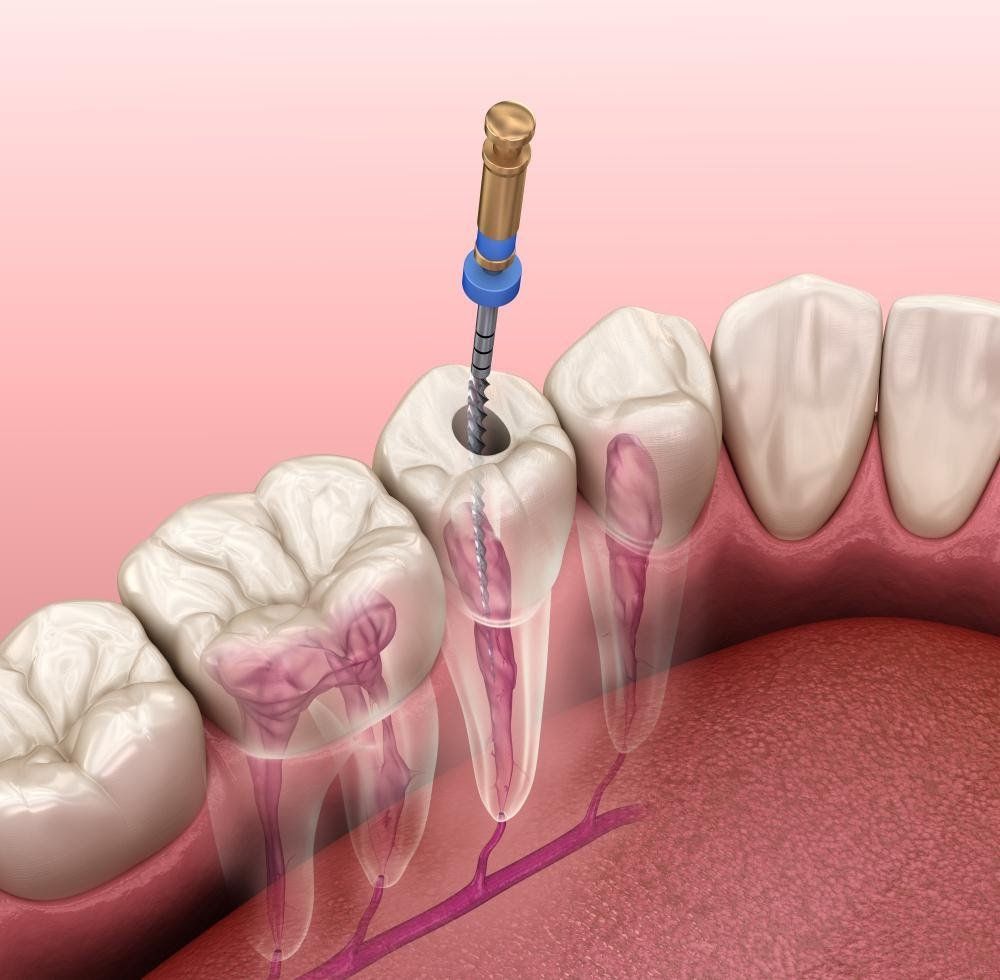
If the decay of your tooth is in its advanced stage, and the nerves are dead, in that situation, the root canal is the only safe option a dentist has to preserve your natural tooth.
A certified oral surgeon operates for the root canal procedure to extract the infected part of the tooth, the dead nerve tissues, and blood vessel tissues.
Then, the dentist will swap the extracted portion of the tooth with a tooth crown.
Don’t worry about the pain, as they perform the entire surgery under local anesthesia.
Tooth Fillings
A dentist uses a medical drilling machine to get rid of the decayed materials from the infected tooth. And the doctor fills the desolate region with a substance such as composite resin.
2. Crowns
In severe tooth decay cases, the dentist places a custom-fit cap on the tooth to restore the natural crown. A day or two before the dentist will extract the decayed tooth material.
Final Words of Advice
Although the tooth cavity is a typical dental trouble, you can avert it with a good dental care routine, which consists of:-
- Brushing your teeth thoroughly twice a day with fluoride toothpaste.
- Limit the intake of sweet foods.
- Floss your teeth at least once a day.
Also, visit your dentist twice a year for routine checkups and teeth cleaning.


